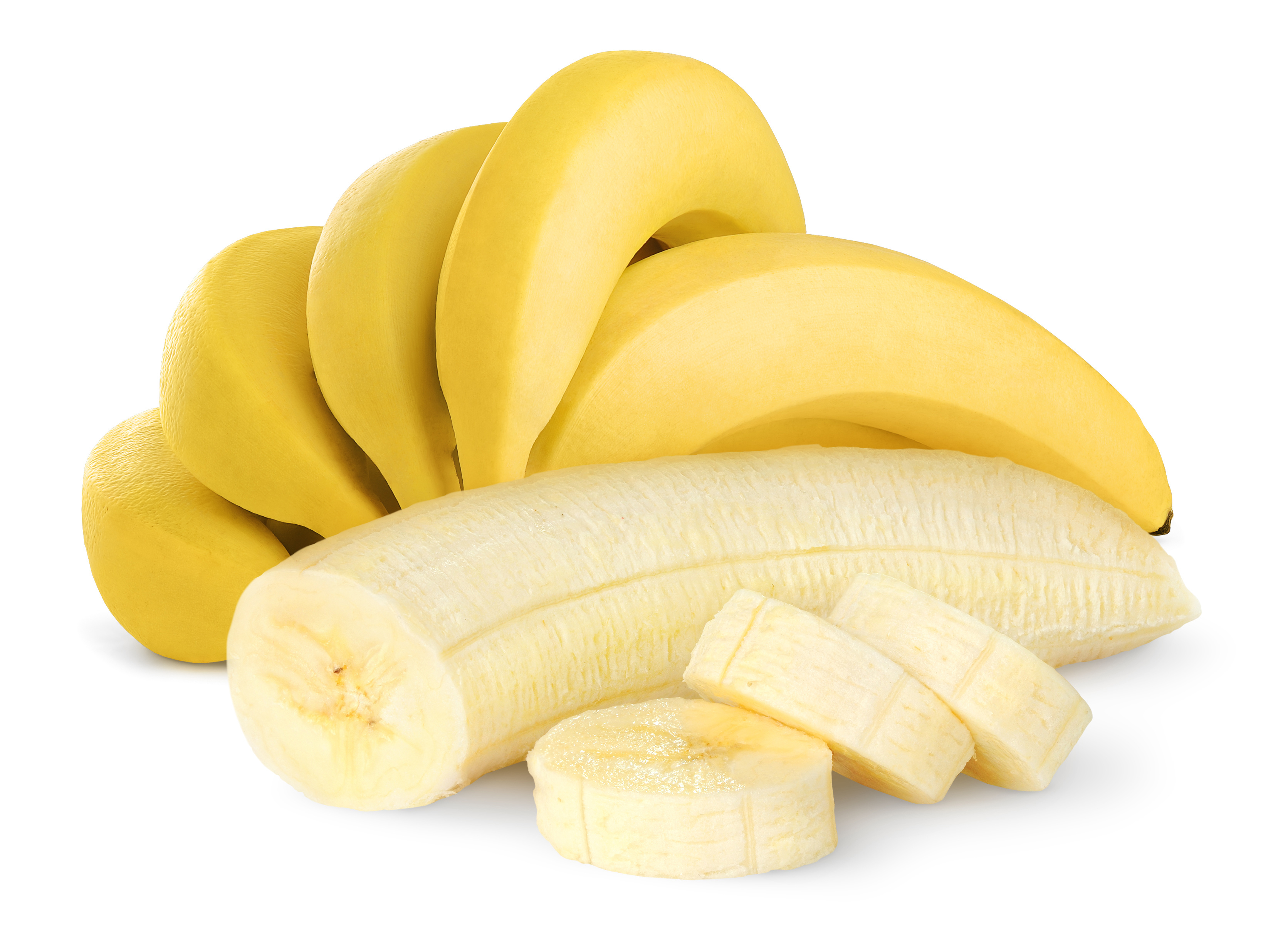I can weigh in on the cooked vs uncooked vitamin argument. In my understanding, if you don't heat the food to break it down, your body will. Vitamins that are cooked out through heat are still cooked out, especially if combined with baking or overeating.
However, minerals are not (generally) lost through heat, but through leaching that takes place when boiling in water. And then the minerals aren't truly lost unless you throw out the water.
That's why steaming's the best of both worlds. The boiling temperature of water limits the heat to 100 Celsius, and the fact that the food is not immersed in the water that heats it means that not many minerals leach out.
And yes, I've read about frozen fruits and vegetables being picked ripe and therefore containing more vitamins (except I believe, for B-12, which is partially lost when freezing; and some other vitamins that are partially lost when blanching). I'd never heard the same argument for canned foods, though.
But I do agree that both probably have a good deal more nutritional value than groceries that were picked unripe, shipped for a week or more overseas, artificially ripened and left in a grocery store aisle for a week before being bought, and then left sitting on a shelf for a week before being eaten. Isn't that why they say that a lot of oranges have far less vitamin C than we've been led to believe?
To be honest, it's hard to tell what exactly is true because you have what seem like very intelligent people vehemently arguing both sides, supported by conflicting "facts" that have supposedly been proven by "expert" scientists.


